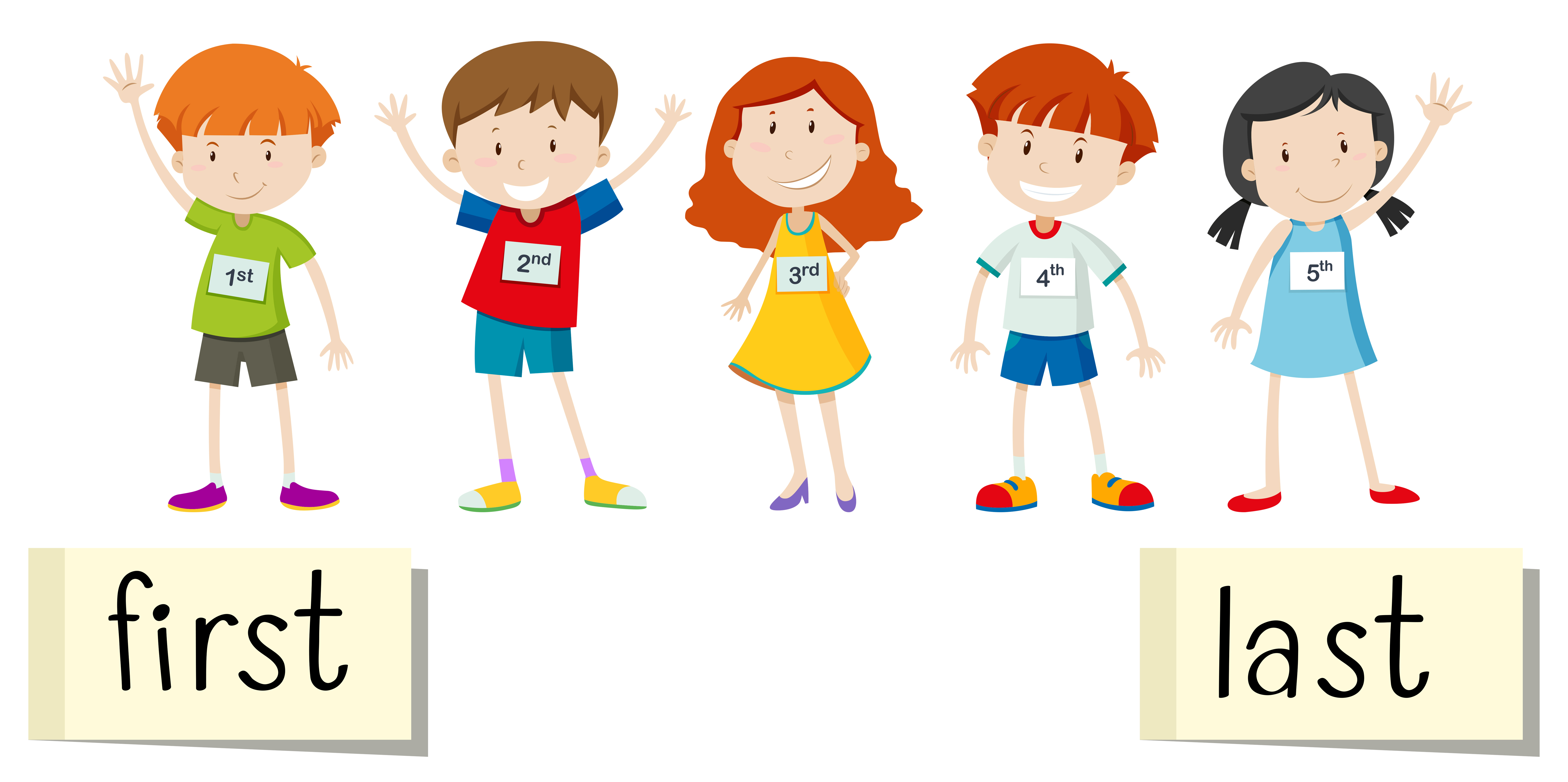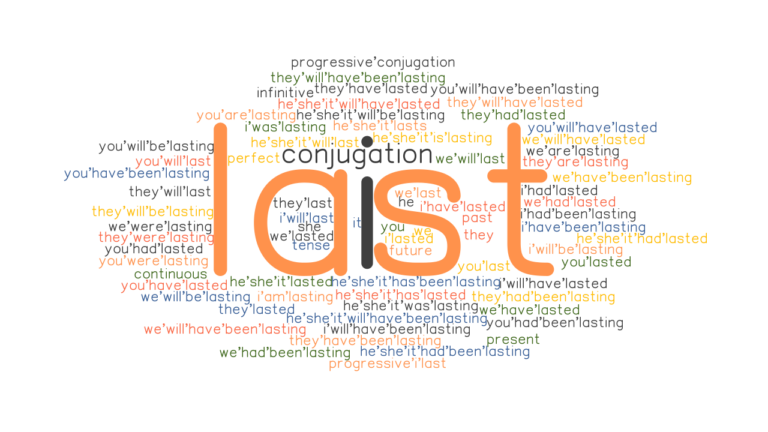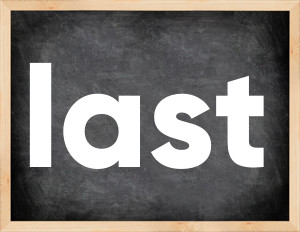Last Names From Europe
Every last name carries a bit of history, a whisper from long ago that tells a story about where we come from. These family names, passed down through generations, are like small pieces of a very large puzzle, connecting us to people and places that shaped who we are today. They offer a unique window into the past, often showing us how our ancestors lived, what they did, or even where they made their home.
You know, just like you might spend time on a music service, say like last.fm, looking through different artists or listening to various tracks to find something new you connect with, thinking about European last names can be a similar kind of exploration. It is about finding connections, discovering bits of family roots, and seeing how different pieces of a big puzzle fit together. You can, in a way, get a profile of your own family's history just by looking at the name.
So, we are going to take a closer look at these names from Europe. We will talk about how they came to be, what they usually mean, and how they changed over the years. It is a chance to see how your own name, or names you know, fit into a much bigger picture of European heritage. This is, you know, a pretty interesting topic for many folks.
Table of Contents
- What Are Some Common Types of European Last Names?
- Where Do Last Names From Europe Come From?
- How Did People Get Their Last Names in Europe?
- What Stories Do Last Names From Europe Tell?
- Exploring Different European Regions and Their Names
- Can Last Names From Europe Change Over Time?
- The Impact of History on European Surnames
- Finding Out More About Your European Last Name
- The Future of Last Names From Europe
What Are Some Common Types of European Last Names?
When you look at last names from Europe, you find they often fall into a few main groups. One big group comes from someone's father, which we call patronymic names. Think of names like Johnson, which means "John's son," or Petersen, which means "Peter's son." These sorts of names are pretty common in places like Scandinavia, or even in some parts of Eastern Europe. You might also find names that tell you about where a person lived, like a place name. Someone called Hill might have lived near a hill, for instance. Or perhaps a person named Rivers lived by a river. These are called topographical names, and they are, in some respects, very straightforward.
Another sort of name comes from what a person did for a living. A person named Baker probably baked bread. A Smith made things out of metal. These are occupational names, and they are really quite widespread across the continent. It is almost like a small job description, you know, right there in the name. Then there are names that describe a person's looks or personality, like Short or Long, or perhaps a name that means "happy" or "brave." These are descriptive names, and they can be a bit more colorful. So, these main types give us a good way to start sorting through all the different last names from Europe.
Where Do Last Names From Europe Come From?
Last names from Europe really started to stick around a long time ago, often in the Middle Ages. Before that, most people just had one name, like John or Mary. But as towns grew bigger and more people lived close together, it got harder to tell everyone apart. Imagine trying to find "John" in a village with fifty Johns! So, people started adding something extra to their name to make them unique. This extra bit might be their father's name, their job, where they lived, or something about how they looked. This practice, in fact, helped keep things straight.
Different parts of Europe adopted these family names at different times. Some places, like England, started using them earlier, while others, particularly in Eastern Europe, took a bit longer. The way names formed also changed based on the local language and customs. For example, in some areas, "son of" might be added to the end of a name, while in others, it might be at the beginning. This is, you know, pretty much how the system of last names from Europe got its start, growing organically from a simple need to tell people apart.
How Did People Get Their Last Names in Europe?
People got their last names in Europe through a fairly natural process that unfolded over centuries. It was not like someone decided one day that everyone needed a second name. Instead, it was a gradual thing, driven by practical needs. If you were John, and your father was William, you might be called John, William's son. Over time, "Williamson" could become your family's lasting name. This happened quite a bit, actually. Or if you lived near a big oak tree, you might be known as John of the Oak, which could turn into a name like Oakes.
Sometimes, a name came from a nickname that stuck. If someone was known for being very strong, they might get a name that means "strong one." These nicknames, you know, sometimes became family names. The local lord or ruler might also play a part, perhaps giving names to people who worked for them, or just making sure everyone had a clear way to be identified for things like taxes or military service. So, it was a mix of everyday life, practical needs, and local traditions that helped people pick up their last names from Europe.
What Stories Do Last Names From Europe Tell?
Last names from Europe tell all sorts of stories, if you know how to listen. They can tell you about a family's old job. If your name is Miller, your ancestors likely worked with grain. If it is Cooper, they probably made barrels. These names are like little clues about the daily lives of people hundreds of years ago. They are, in a way, tiny historical records. They can also point to a place. A name like London suggests someone came from that city. A name like Walsh often means "foreigner" or "person from Wales," showing where a family might have moved from.
Some names even tell you about a person's appearance or personality, like the name "White" for someone with light hair, or "Goodman" for someone thought to be, well, a good person. These names give us a sense of how people were seen by others in their community. So, looking at last names from Europe is a bit like reading a very short, very old story about your family's past. It is, you know, quite a personal piece of history that everyone carries with them.
Exploring Different European Regions and Their Names
Different parts of Europe have their own special ways of forming last names. In Scandinavian countries, for example, patronymic names were very common for a long time. Names often ended in "-sen" or "-son," meaning "son of," or "-dottir" for "daughter of." This is, you know, a pretty clear system. In places like Italy and Spain, names often came from the father's name too, but they might add a different ending, or just use the father's first name as the family name. De Luca, for instance, means "of Luca."
Eastern European countries have their own unique sounds and structures. Polish names might end in "-ski" or "-wicz," while Russian names often use "-ov" or "-ev." These endings usually show a connection to a place or a father's name. German names often reflect occupations or places, like Schmidt (smith) or Meier (farm manager). So, when you look at last names from Europe, you can often get a sense of which country or region they might have come from just by their sound and common endings. It is, basically, like each region has its own naming rules.
Can Last Names From Europe Change Over Time?
Yes, last names from Europe can definitely change over time, and they often do. This happens for many reasons. When people moved from one country to another, their names might get changed to fit the new language or spelling rules. For example, a German name might be spelled differently when a family moved to an English-speaking country. This was, you know, a very common thing. Sometimes, clerks or officials writing down names might mishear them or spell them in a new way, and that new spelling would stick.
Families might also choose to change their names for various reasons, like wanting a fresh start, or making a name sound more modern. In some cases, names were changed to avoid persecution or to fit in better with a new community. So, the name you have today might look a bit different from how it was spelled or even sounded several hundred years ago. It is, in fact, a pretty fluid thing, how last names from Europe have been passed down and adapted through the years.
The Impact of History on European Surnames
History has had a huge impact on last names from Europe. Big events like wars, migrations, and changes in government all played a part in how names developed and spread. For example, during times of large movements of people, names traveled with them, sometimes changing as they settled in new places. The spread of empires, like the Roman Empire, also left its mark on naming practices in different areas. You see, these historical forces really shaped the naming traditions.
The rise of official record-keeping, like church records or government censuses, also made names more fixed. Once a name was written down, it was less likely to change from generation to generation. Before that, names could be a bit more flexible. The influence of different cultures meeting, say through trade or conquest, also meant that names from one language might be adopted or adapted by another. So, every twist and turn in European history has, in a way, left a little mark on the last names we see today.
Finding Out More About Your European Last Name
If you are curious about your own European last name, there are many ways to start looking into it. One good place to begin is by talking to older family members. They might have stories or old documents that give you clues about where your name came from or how it changed. These personal stories are, you know, often the best starting point. You can also look at online resources that specialize in family history or genealogy. Many websites have huge collections of records, like birth certificates, marriage licenses, and census papers.
There are also books and websites that focus specifically on the origins and meanings of last names from Europe. These resources can tell you what a name usually means, or where it is most common. You might even find out about famous people or historical figures who shared your name. Just like you might explore a big music library to find new artists or tracks you connect with, looking into your family name can open up a whole world of connections and past stories. It is, basically, a bit like building your own family's historical profile, one piece at a time.
The Future of Last Names From Europe
What about the future of last names from Europe? Well, names continue to change, though perhaps not as quickly as they did centuries ago. With more people moving between countries, names still get adapted to new languages and cultures. We might see new spellings become common, or even some names falling out of use over time. However, the basic types of names, like those from occupations or places, will probably stay around. It is, you know, hard to imagine them just vanishing.
Technology also plays a part. With online family trees and digital records, it is easier than ever for people to trace their names back through history. This might make people more aware of their name's origins and less likely to change them without thought. So, while names might continue to shift a little, the deep connections they have to history and family will likely remain. The story of last names from Europe is, in some respects, still being written, one generation at a time.
This article looked at the different kinds of last names from Europe, how people got them, and the stories they can tell. We also covered how history shaped these names, how they can change, and ways to learn more about your own family name. The discussion also touched upon what the future might hold for these names.

Opposite wordcard for first and last 455875 Vector Art at Vecteezy

Last Past Tense: Verb Forms, Conjugate LAST - GrammarTOP.com

Last Past Tense and Past Participle Verb Forms in English